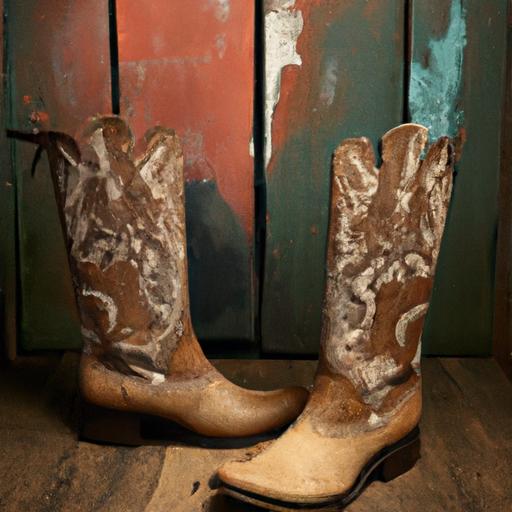Mirrorless Camera for Beginners: The Perfect Choice for Your Photography Journey
Are you a beginner in the world of photography and looking for the perfect camera to kickstart your journey? Look no further than a mirrorless camera. With their compact size, advanced features, and versatility, mirrorless cameras are becoming increasingly popular among beginners and professionals alike.
Understanding Mirrorless Cameras
What exactly is a mirrorless camera?
A mirrorless camera is a type of digital camera that doesn’t have an internal mirror, unlike DSLR cameras. This means that light passes directly onto the image sensor, which captures the image. As a result, mirrorless cameras are typically smaller and lighter than DSLRs, making them more portable and convenient for beginners.
How does a mirrorless camera differ from a DSLR?
Apart from the absence of a mirror, there are a few other key differences between mirrorless and DSLR cameras. For one, mirrorless cameras use electronic viewfinders (EVFs), while DSLRs use optical viewfinders. EVFs provide a preview of the image captured by the sensor, whereas optical viewfinders show the image as seen through the lens. Additionally, mirrorless cameras rely on contrast detection autofocus, while DSLRs use phase detection autofocus. This makes mirrorless cameras better suited for video recording, while DSLRs excel at capturing fast-moving subjects.
What are the advantages of using a mirrorless camera as a beginner?
There are several reasons why a mirrorless camera may be the perfect choice for beginners. Firstly, their compact size and lightweight build make them easy to carry around, which is great for beginners who are still experimenting with different types of photography. Secondly, the absence of a mirror reduces the mechanical complexity of the camera, making it less prone to malfunction. Lastly, the electronic viewfinder of a mirrorless camera allows beginners to see the final image before taking the shot, helping them to improve their composition and exposure skills.
Features to Look for in a Mirrorless Camera
Sensor Size and Megapixels
One of the key differences between mirrorless cameras is the size of their sensors. A larger sensor size generally means better image quality and low light performance. Most entry-level mirrorless cameras have APS-C sensors, while more advanced models have full-frame sensors. Additionally, the number of megapixels (MP) also plays a role in determining the resolution of the images captured. While higher MP count may seem appealing, it’s important to note that it’s not the only factor that contributes to image quality.
Autofocus System
As mentioned earlier, mirrorless cameras use contrast detection autofocus, which is slower compared to DSLRs. However, newer models now come with hybrid autofocus systems that combine both contrast and phase detection, resulting in faster and more accurate autofocus. This is especially useful for capturing fast-moving subjects.
Image Stabilization
Image stabilization helps to reduce camera shake, resulting in sharper images. While some mirrorless cameras have in-body image stabilization, others rely on lens-based stabilization. If you plan on using interchangeable lenses, it’s best to opt for a camera with in-body image stabilization.
Top Recommendations for Beginners
Sony Alpha a6000
The Sony Alpha a6000 is a popular choice among beginners for its compact size, excellent image quality, and advanced features. It has a 24.3 MP APS-C sensor, a hybrid autofocus system, and 11 FPS continuous shooting speed. It also has built-in WiFi and NFC for easy sharing and remote control.
Fujifilm X-T30
The Fujifilm X-T30 is another great option for beginners, with its retro design, 26.1 MP APS-C sensor, and advanced AF system. It also has a unique Film Simulation mode that mimics the look of classic film stocks. The X-T30 also has 4K video recording capabilities, making it a versatile choice for both photography and videography.
Olympus OM-D E-M10 Mark III
The Olympus OM-D E-M10 Mark III is a budget-friendly mirrorless camera perfect for beginners. It has a 16.1 MP Micro Four Thirds sensor, in-body image stabilization, and a tilting touchscreen LCD. It also has a variety of art filters and modes to experiment with, making it a great learning tool for beginners.
FAQs about Mirrorless Cameras for Beginners
What type of lenses can be used with mirrorless cameras?
Most mirrorless cameras use interchangeable lenses, meaning you can switch out lenses to suit your photography needs. However, some compact or fixed-lens mirrorless cameras may have a fixed lens.
Can I use my DSLR lenses on a mirrorless camera?
Some mirrorless cameras are compatible with DSLR lenses through the use of adapters. However, it’s important to note that this may affect autofocus performance and image quality.
Are mirrorless cameras good for video recording?
Yes, mirrorless cameras are known for their excellent video recording capabilities. With features like high-resolution video, flip-out screens, and in-body image stabilization, they are a popular choice among videographers.
Choosing the Right Mirrorless Camera for You
As a beginner, it’s important to choose a mirrorless camera that suits your needs and budget. Consider factors such as sensor size, autofocus system, and image stabilization, and also think about the type of photography you are interested in. Do your research, read reviews, and try out different cameras before making a decision.
Conclusion
Mirrorless cameras are an excellent choice for beginners due to their compact size, advanced features, and versatility. With the right camera, you can embark on your photography journey with confidence and take stunning images that capture your unique perspective. So, whether you choose one of our recommended cameras or opt for a different model, we hope this article has helped you understand the world of mirrorless cameras and make an informed decision as a beginner. Happy shooting!


